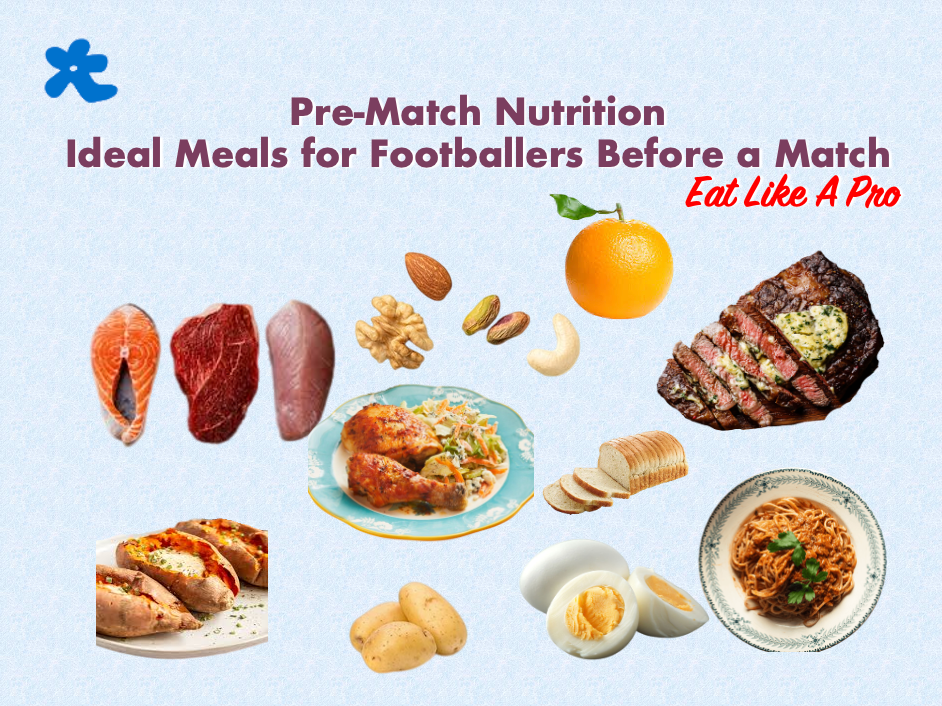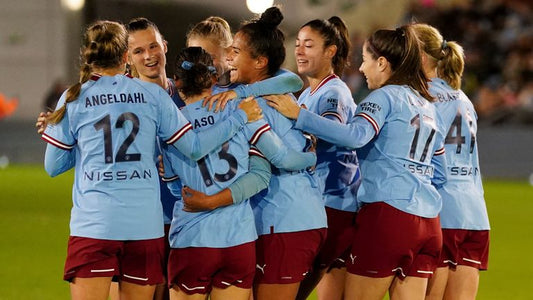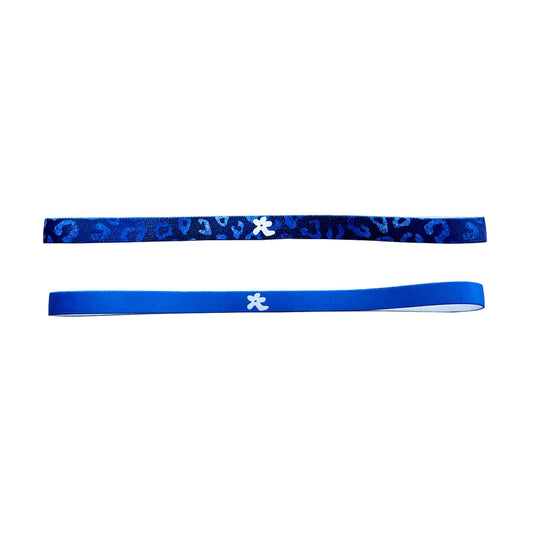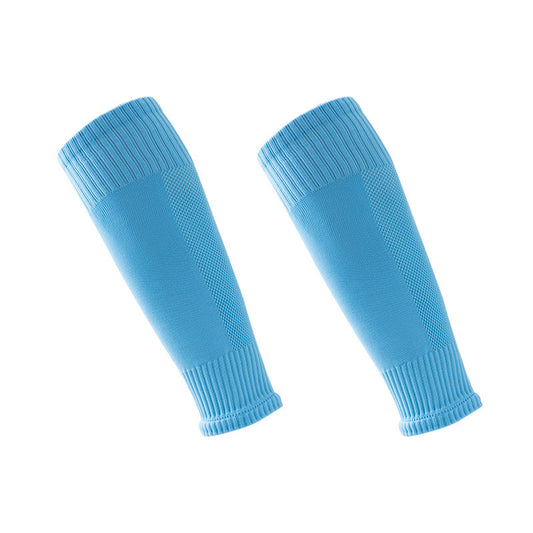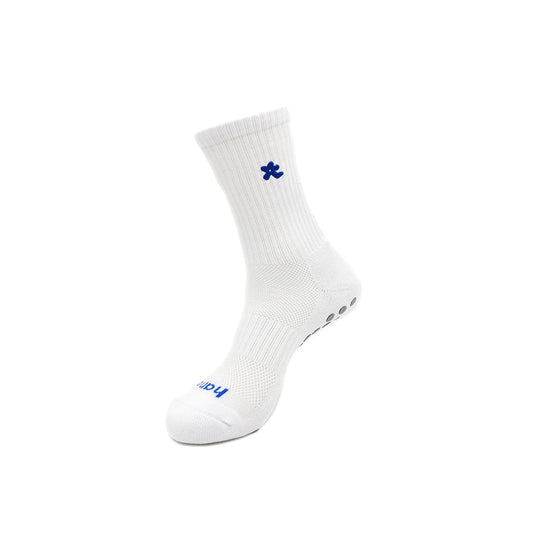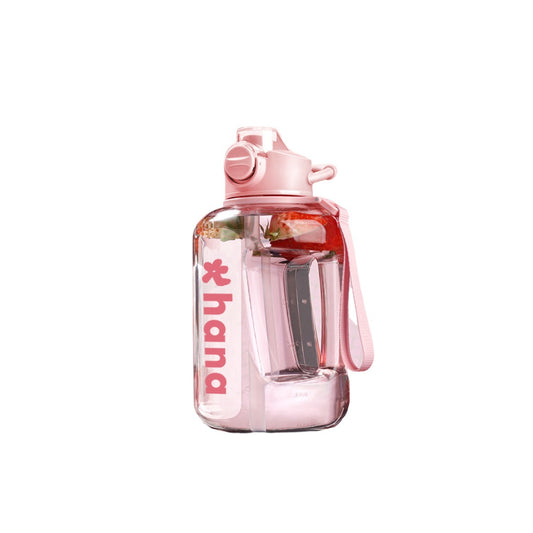Are you curious about what to eat before a football match? Wondering how to fuel up like a professional footballer before a game or training session? Today, we'll be sharing pre-match nutrition recipes inspired by professional football clubs, including what to eat, how to prepare it, when to eat, and how much, to ensure you're adequately fueled at the right times.
1. Meal Timing
Based on the nutritional recommendations from Manchester City Football Club and the dietary advice provided by professional sports nutrition agency pH Nutrition, we've divided the pre-match (pre-training) regimen into the following three parts: the-night-before meal, the pre-match meal, and snacks during the match.

2. The-Night-Before Meal
According to information collected from Women's Health, the dinner the night before a match is crucial for the following day's game. As mentioned in our previous guide, the nutritional intake the day before a match determines your energy levels upon waking up the next day and the energy stores within your muscles. Therefore, if you don't eat well the night before, you may wake up feeling unusually fatigued, leading to a lack of vigor during the game.
On the dinner table the night before a match, carbohydrates and protein are crucial. Generally, consuming 2-3 grams of carbohydrates per kilogram of body weight and 1 gram of protein per kilogram of body weight during dinner can help replenish muscle glycogen and protein stores. The former serves as our energy source, while the latter is a key component of muscles. Eating sufficient carbohydrates and protein the night before a match allows these energy sources ample time to be converted into usable energy within the body. However, it's advisable to have this meal at least 4 hours before bedtime to avoid reduced nutrient absorption efficiency.
We have already prepared a recipe for you.

Pasta, potatoes, and bread are all excellent, healthy sources of carbohydrates, and you can refer to the recommended intake amounts in the recipe. Among these three, pasta(spaghetti) is the best choice because it has a lower GI (glycemic index) and is lower in fat compared to potatoes, which often require a large amount of cheese for cooking.
3. Pre-Match Meal
An British Journal of Sports Medicine study highlights that pre-match meals can be a critical determinant of performance, because our bodies deplete nutrients with muscle movements. Every acceleration, pass, and physical challenge requires energy sourced from our bodily reserves. Therefore, relying solely on energy replenished the night before is insufficient to sustain a 90-minute match or training session. Hence, regardless of the timing of our matches, it's essential to have a meal at least 2 hours before kickoff.
In an interview with FourFourTwo, Chelsea Women's players discussed the importance of pre-match meals. At the dinner table before a game, they focus on replenishing carbohydrates in preparation for high-intensity competition.

Similarly, we've also prepared a pre-match meal recipe for you. Considering that some matches or training sessions take place in the morning, the foods we've listed for you require minimal preparation time.

In addition to carbohydrates and protein, having micronutrients is also an essential part of the pre-match meal. As our stamina decreases rapidly with the loss of sweat, sodium, vitamins, and quality fats are necessary elements that need to be replenished through pre-match consumption. A small amount of nuts and your favorite fruits will suffice. The focus of the pre-match meal is ease of digestion and convenience.
4. Snacks During The Match
During summer days, it's common to feel exhausted shortly into the second half after sweating profusely in the first half. This is normal, so it's important to replenish with small amounts during halftime or brief breaks.

From the picture above of Newcastle United's dressing room, we can see that in addition to apple juice and energy drinks, protein bars and oat bars for quick protein and carbohydrate replenishment are trusted choices among professional players.
Some teams also place high-carb, high-GI fruits like bananas in the dressing room.

For us, supplementation during the match is not always necessary because indigestible foods can lead to bloating or appendicitis during continued play. However, if you feel depleted of energy during the match, it's essential to replenish appropriately. We can prepare easily digestible options like bananas or energy bars in our bags for such occasions.

